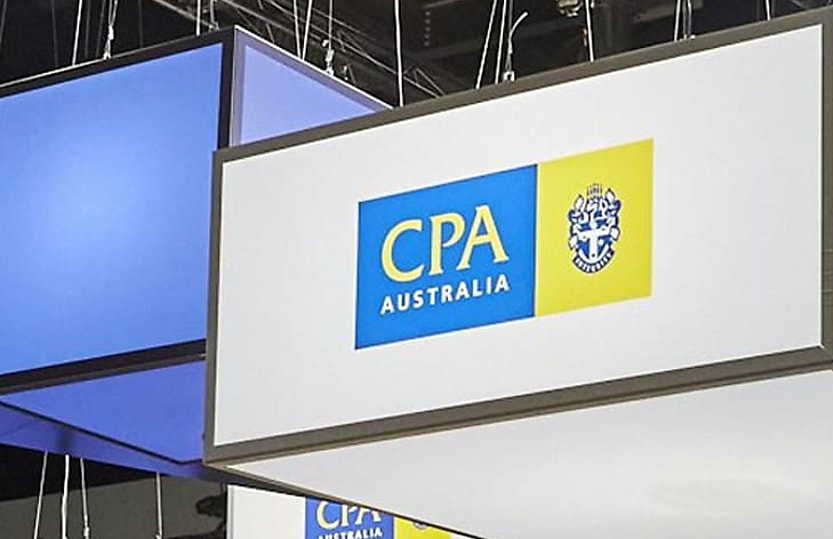CPA Australia seeks permanent $100k asset write-off to end uncertainty

The accounting body wants a permanent, five-fold increase to the scheme to boost small business investment.
The instant asset write-off should be increased five-fold to $100,000 and made permanent to make up for the inefficiency caused by Parliament having to pass yearly extensions, CPA Australia says.
In a submission to the Senate on the bill extending the $20,000 scheme for FY2024-25, the accounting body said small businesses needed the certainty of a permanent and increased tax break.
“Business needs certainty, especially small businesses, given their smaller size and personal involvement (with many being owner-operators), any investment in business assets is significant for them,” its submission said.
“With rising interest rates, costs, tax and payroll debts, businesses are struggling under the current high inflationary environment.”
But instead of yearly extensions, CPA Australia said the “increasingly uncertain economic outlook” warranted the threshold to be increased to $100,000 from 2025 and made permanent or at least put in place for five years with a sunset clause.
“Rather than ‘rolling over’ the instant asset write-off extensions, the increased threshold should be made permanent beyond 30 June 2025,” it said.
“An alternative approach is to allow the increased instant asset write off threshold to operate for a period (e.g., five years) with a sunset clause.”
A scaled-up and permanent threshold would prevent the “lost opportunity” of the 2023-24 measure, having passed Parliament just five days before its 30 June deadline last week and leaving businesses with little time to make an investment decision.
It would also fit better with the original scheme’s intention, CPA Australia said. “The intention of this temporary measure is to encourage investment by bringing forward deductions and reduce compliance costs.”
The instant asset write-off scheme was brought in to support small businesses allowing for immediate deductions of eligible assets, improving cash flow and reducing the compliance costs associated with tracking depreciation.
It began as a $1,000 deduction introduced by the Gillard government in 2012 and has since undergone a raft of changes in the last decade in response to changing economic conditions.
Without a bill to extend it, the scheme reverts back to $1,000 at the end of every year.
CPA Australia said the small business energy incentive, introduced for the 2023-24 financial year allowing $20,000 in deductions for energy efficiency upgrades, should also be extended for similar reasons.
“We submit the government should extend the small business energy incentive for at least two more years to encourage investment in energy-efficient assets,” it said.
“We also recommend that the government no longer offer one year tax incentives for business. The parliamentary process is such that such incentives often only become law days or weeks prior to their expiry.”
“Policy makers should be aware that prudent businesses and advisers don’t act on an announcement – they wait until it becomes law and detail is released.”
About the author







